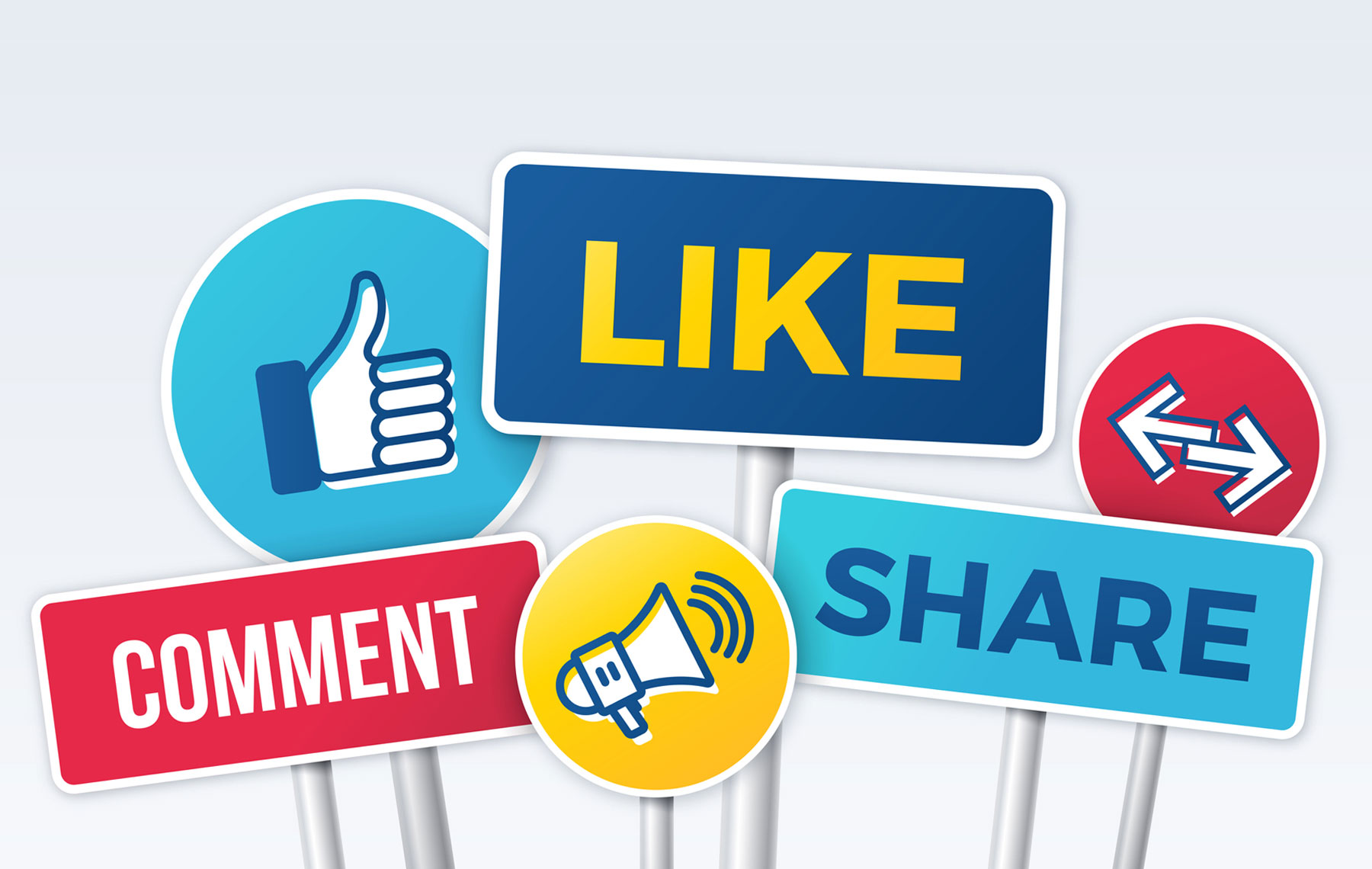
Every generation has its forces of social disruption that bring out the alarmists.
“It was supposed to be the end of civilization,” Mendy Baron wrote last year in Psychology Today. “This was one of the legitimate fears from the 19th and 20th century (as far back as 1860): that as people become more reliant on literary and technological devices, they will be more stressed out as well as ignore each other on the trolleys, buses, and trains.
“The fear was that we would become less social because of reading — or because of the telegraph, phonograph, radio, 8-Track, cassette tape, computer, or … you get the point.”
Yes, we get the point: Technology disrupts, alarmists alarm, humanity prevails. Lather, rinse, repeat.
Today, the technology causing “legitimate fears” of social disruption is called, ironically enough, social media. Will this turn out to be just another disruptor which humanity will tame and assimilate as we did all the others?
I’m not so sure.
For one thing, unlike other disruptors, social media never leaves us. It lives on the digital screens of smartphones that live in our hands virtually at all times. Its effects are bound to be more pervasive.
Beyond this physical attachment, there is the deeper, more emotional connection to our self-esteem. With blunt metrics such as likes, followers and subscribers, social media outlets have become the new barometers of status and popularity.
This is especially true for the generation that grew up on social media.
One member of this generation is 14-year-old Riley Jackson, who wrote our cover story this week.
I met Riley at a gala a few months ago. Her mother, who is a friend, mentioned that her daughter would love to write for the Journal.
A few weeks later, they came to my office to discuss possible subjects.
“Our readers need to know more about your world,” I said, “from the perspective of someone who is living it.”
Very quickly, the conversation turned to social media. Riley spoke about how social media, especially Instagram, was consuming teenagers’ lives, often triggering loneliness and even depression.
What caught my attention was the idea of a breaking point — when a good thing goes too far and requires recalibration. She was “sick and tired” of social media, Riley told me, not to the point of abandoning it but to the point of seeking a healthier balance.
What you’ll read in her essay is a teenager’s struggle to find that balance, to control a technology that lets people share virtually anything with anyone within a few seconds.
Very quickly, the conversation turned to social media. Riley spoke about how social media, especially Instagram, was consuming teenagers’ lives, often triggering loneliness and even depression.
Two things in particular struck me in her essay. One was the idea of doing an activity simply to show it off to your friends.
“Because many of us go places or do things just for photos,” she writes, “and because we post only the perfectly staged moments, everyone’s lives end up looking perfect. For people struggling in one way or another, seeing other people’s ‘perfect’ lives can make them feel even worse.”
The other thing that struck me is how easily kids can hide this stuff from parents.
“Something many adults are starting to realize,” she writes, “is that most kids have multiple accounts — often at least three or four. So although parents may be monitoring their child’s account, they often have no idea the account they are monitoring is only one out of many accounts children might hide.”
So yes, Riley’s essay covers the dangerous downside of social media. But the most remarkable part, in my view, is her attempt to redeem it.
She writes: “Because we can’t really live without the internet these days, we can try to find balance. To avoid some of the pitfalls — such as our craving for likes or comments, wasting a beautiful day sitting inside on our phones or simply forgetting how to communicate face to face — maybe we can set self-imposed limits, where we allow ourselves a certain amount of screen time per day.”
She suggests ways to help set those limits, like turning off notifications and setting your phone to “app limits,” where you can’t access particular apps after a specific amount of screen time.
What caught my attention was the idea of a breaking point — when a good thing goes too far and requires recalibration.
Riley can sound like a responsible adult when she talks about finding a better balance. She confronts the techno-demon and shows us how it can improve our lives rather than diminish our humanity.
If indeed she’s got the secret sauce, she ought to write a book and take it on the road, or at least disseminate her ideas on social media.
I want to believe that a healthy balance is still possible, that society can cure its addiction to this 24/7 digital drug, that level-headed teenagers like Riley Jackson will be heard.
For now, count me in as an alarmist: Lather, rinse, detox.





















 More news and opinions than at a Shabbat dinner, right in your inbox.
More news and opinions than at a Shabbat dinner, right in your inbox.